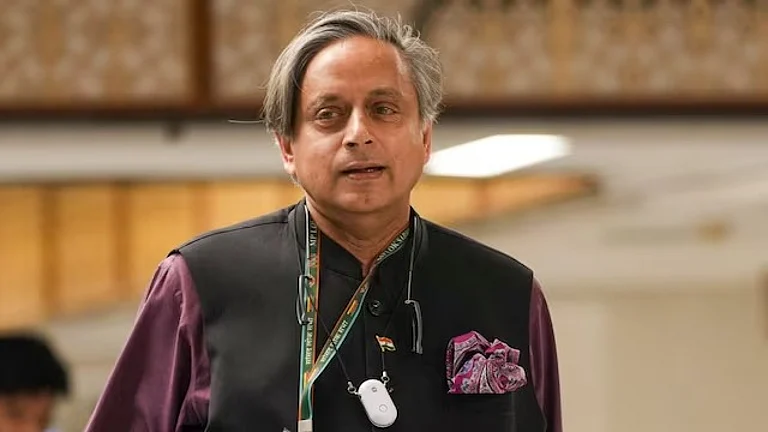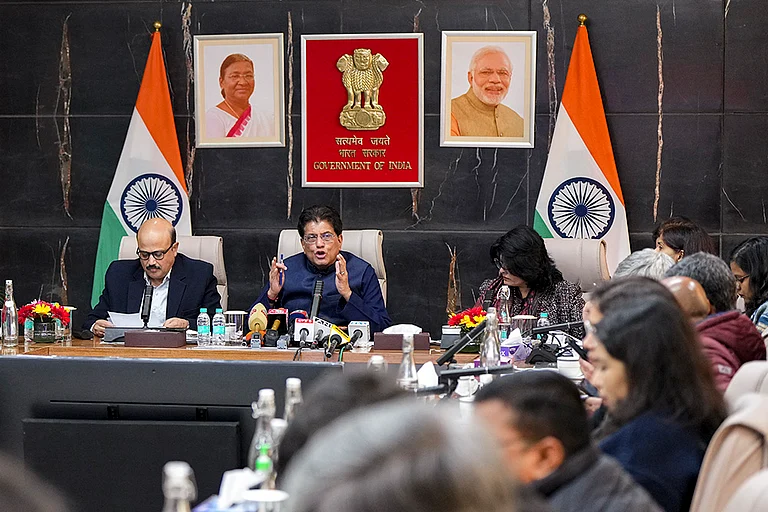A Noida-based doctor fell pray to a 'digital arrest' scam and lost Rs 59 lakh to cyber criminals. This modus operandi is increasingly being used by scamsters to dupe people in the Delhi-NCR area.
Assistant Commissioner of Police (Cyber Crime) Vivek Ranjan Rai said that the details of the account into which Dr Puja Goyal transferred the amount are "being verified", adding that action will be taken against those involved.
HOW WAS PUJA GOYAL 'DIGITALLY ARRESTED'
Dr Puja Goyal, a resident of Noida Sector-77, received the alleged scam call on July 13. The caller reportedly introduced himself as a Telephone Regulatory Authority of India (TRAI) official, saying that her phone was being used to circulate pornographic videos, NDTV reported.
Though Goyal denied the allegation, the caller persuaded her into taking a video call, where she was threatened of grave consequences. The caller told her that she was under 'digital arrest'.
Goyal, after being grilled for around 48 hours, transferred a total of Rs 59,54,000 into the specified account number provided to her.
Later, when the doctor realised that she had fallen prey to the digital scam, she filed a complaint at the Cyber Crime Cell in Noida Sector-36 on July 22.
NOT THE FIRST TIME
A 72-year-old woman from Delhi's Chittaranjan Park area was also duped into transferring Rs 83 lakh in such a digital scam. The victim, Krishna Dasgupta, had also been on the phone for over 12 hours, being grilled over her phone being used for criminal activities.
Notably, this digital arrest scam is not just increasing in Delhi-NCR, but across cities in the nation. Earlier this week, a 77-year-old woman in Bengaluru was duped of Rs 1.2 crore who allegedly -- like in Dr Goyal's case -- posed as Telecom officials and as Mumbai crime branch officials, The Indian Express reported.
WHAT IS DIGITAL ARREST?
Digital arrest is yet another technique of cyber criminals to con people in the name of law enforcement officials, such as crime branch, anti-narcotics unit, Telecom department, CBI, customs, etc.
The scamsters limit the users access to their digital platforms or accounts by detaining them on video calls.
These "officials" grill the victims for hours by citing laws and made up investigations before asking them to pay them money as settlement.
The scamsters psychologically pressurise the target into accepting the video call and then threaten them to remain over there as the so-called investigation takes place, Times of India's report said.
The end goal of these criminals is to get their targets to transfer money into their accounts. The call is immediately disconnected after the money is transferred.


























